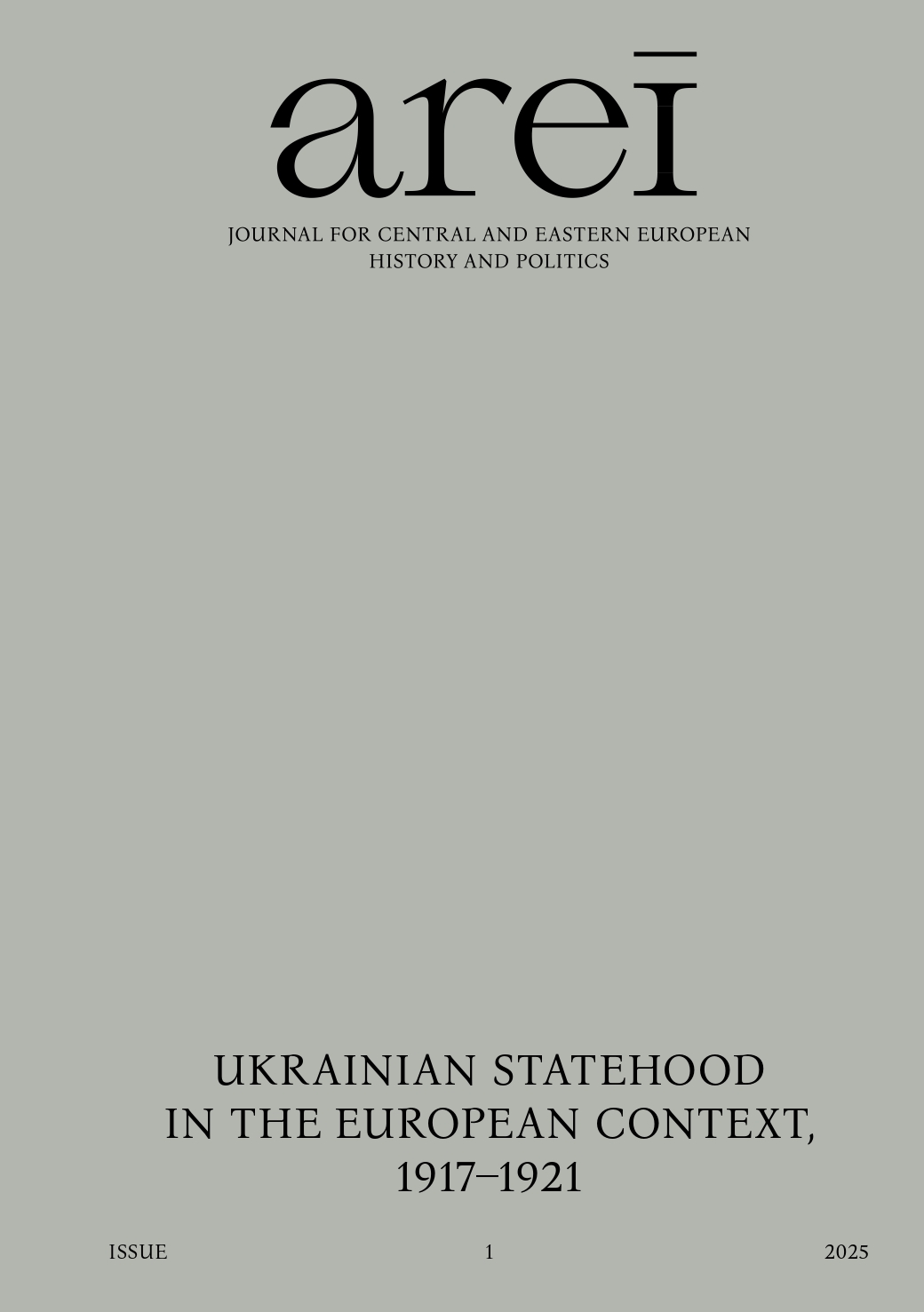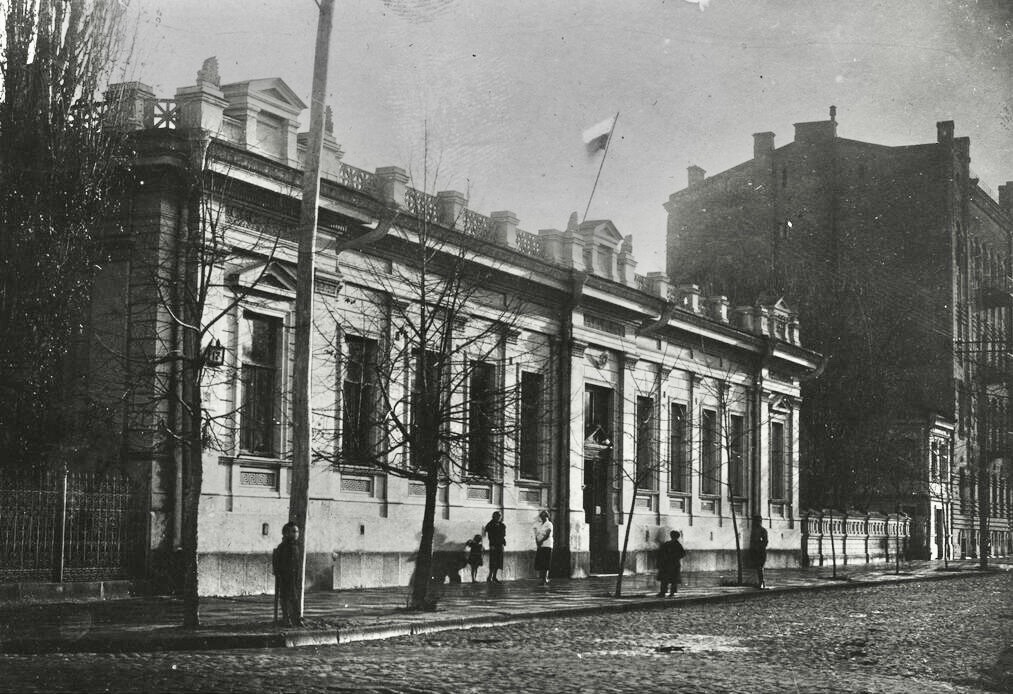AREI: Journal for Central and Eastern European History and Politics is the peer-reviewed academic magazine founded by Mieroszewski Centre for Dialogue in 2022.
The aim of AREI is not only to disseminate the results of innovative research work on the past of Poland and other Central and Eastern European countries, as well as Russia, but also to conduct a critical dialogue with Western European and American intellectual circles.
The word AREI from the journal title is an acronym of the traditional definition of truth: adaequatio rei et intellectus, that is, the correspondence between reality and (our) judgment. In this way, the journal will also mark its opposition to the assumptions of the intellectual fashions that question the need to strive for objective knowledge or even deny the sense of using the term at all: ‘truth’.
We intend to promote articles by scholars who do not speak English well enough to be published in English-language journals, thus helping them to get a proper audience for their work.
We wish to bring together a select group of historians and scholars of international affairs from the countries of Central and Eastern Europe around our journal. We intend to use this network as a valuable channel for promoting the achievements of historiography and analytical thought in the region.
The magazine is published two times a year, with the prospect of changing to a quarterly rhythm. It is also published in electronic and paper form.
We accept for publication articles that meet the criteria of academic analysis and concern the history of diplomacy, international relations, political and legal thought, as well as texts devoted to any other aspect of history, provided their content contains comparative potential that goes beyond local or national history or presents a given scientific problem in an innovative way that is likely to arouse the interest of a wider circle of researchers. The journal also accepted articles for publication that analyze contemporary international relations or issues affecting them, such as the politics of memory, as well as reviews. In particularly justified cases, analytical essays or interviews will be published. Monographic issues are also welcome. Each article undergoes a double-blind review by two other specialists in the relevant scientific discipline.





